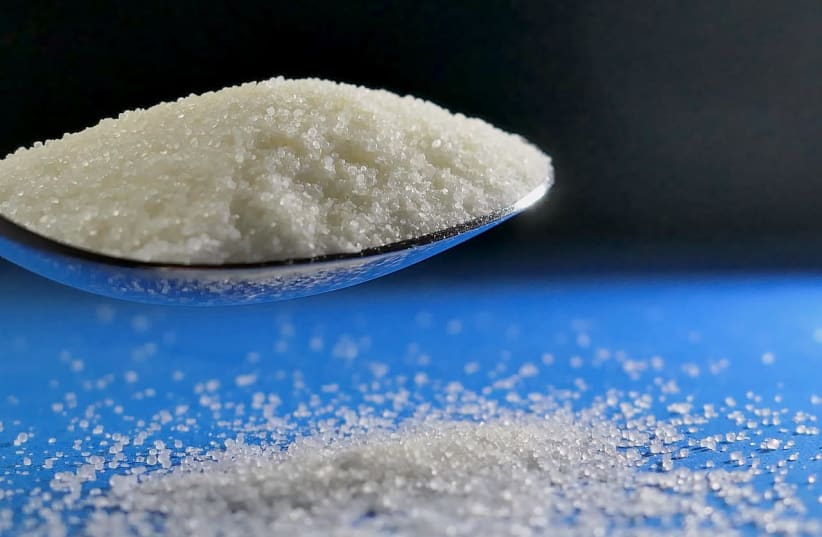Archaeologists in the UK have found an ancient stone age-era salt production house in North Yorkshire, estimated to be older than even Stonehenge, multiple UK news outlets reported Wednesday.
Dating back to the Neolithic period at around 3800 BCE, the 6,000-year-old find is the latest discovery to come out of the Street House Farm site in Loftus.
But what is especially significant about this find is that it can essentially rewrite historical understanding of Neolithic era Britain, as the facility is not only the oldest found on the island, but one of the oldest found in Western Europe.
As noted by archaeologist Dr. Steve Sherlock, who has been working on the site for years, the oldest salt production house in Britain until now dated back to the Bronze Age, specifically the findings discovered in Somerset dating back to 1400 BCE.
This new finding, he explained, according to The Independent, indicates that proper settled civilizations developed on the island earlier than expected, with stone-age Britons transitioning into an agricultural society from a hunter-gather lifestyle. In fact, it pushes salt-making back by nearly 2,400 years.
Salt was an extremely valuable commodity, and the extraction process is very complex and implies a certain level of sophistication. In fact, according to UK sea-salt production expert David Lea-Wilson, "Any ancient coastal culture that was able to master that technology would have been able to expand their economy substantially," according to The Independent.
The salt was critical for stone age expansion. This is because it gave people in the Neolithic era the ability to preserve meat. Without salt, efficient management of cattle would have been next to impossible, according to traditional meat preservation expert James Swift, The Independent reported.
In other words, the sheer fact that salt was available at all means that the entire early agriculture sector would have been revolutionized. Male calves could be preserved after slaughter to be used year round, and there would be more grass for dairy cows, which in turn would mean more milk production.And not only was this salt production house effective, but according to Sherlock, salt-making experts said "you’d expect to find that in the Iron Age,” according to the New Scientist news site.
Using some archaeological detective work, Sherlock had not only figured out how the salt production facility worked, but how the process came to Britain in the first place. The pottery used to extract salt from seawater is a specific type of bowl that could be traced back to France. It is theorized that migrants from France's North had brought the pottery, and therefore even the technology, with them into Britain around the year 4000 BCE, according to The Guardian.
Sherlock's findings will be published in the academic periodical Antiquity for its June issue.
